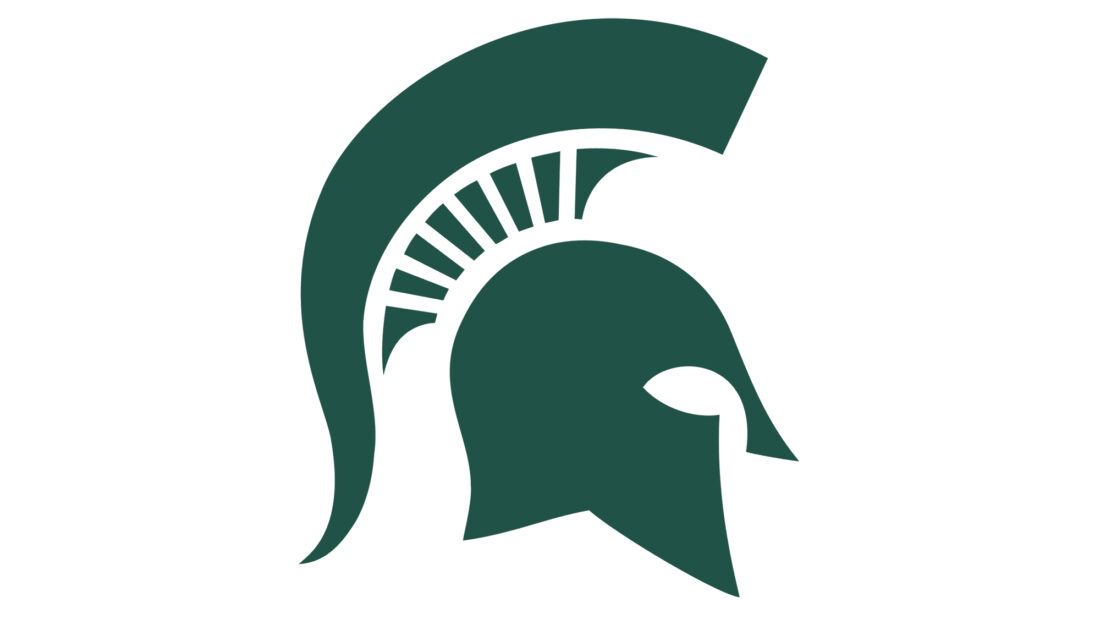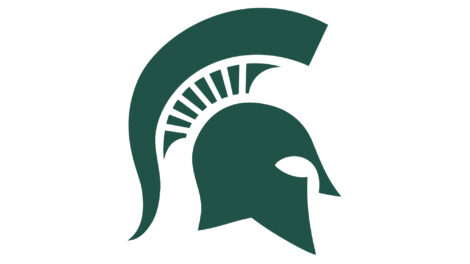MSU to bring Spartan Bus Tour to UP, northern Michigan

EAST LANSING, Mich. — From Iron Mountain to Marquette to Escanaba and beyond, Michigan State University Spartans have been part of Upper Peninsula communities for generations — improving health care, supporting local businesses, advancing education and protecting Michigan’s natural resources.
This fall, those connections take center stage as MSU embarks on the 2025 Spartan Bus Tour, a three-day trip celebrating the university’s partnerships and impact across northern Michigan.
MSU President Kevin M. Guskiewicz will travel with faculty and university leaders through the U.P. and northern Michigan from Sunday through Tuesday, visiting more than a dozen communities to meet partners, see local projects firsthand and explore new ways to collaborate.
“Michigan State maintains partnerships across the Upper Peninsula and northern Michigan that, in some cases, span generations,” Guskiewicz said. “We’re working together to address health, education, sustainability and prosperity as we build a better future for all.”
Stops highlight local strengths
The tour will showcase the people and projects that define Spartan impact in the region. Participants are also encouraged to identify future opportunities to strengthen ties with host sites. They will visit, tour and learn about each destination.
Day one:
— Cadillac: Up North Arts Inc. is a community arts center whose staff recently collaborated with MSU Extension on a mural in the city’s downtown.
— Kalkaska: The Kalkaska Memorial Health Center is a community hospital serving northern Michigan and a partner in the Northern Michigan Opioid Response Consortium.
— Central Lake: Mammoth Distilling is owned by MSU alumni Chad Munger and Tracy Hickman. Munger was recently involved in an effort to recover shipwrecked rye seeds in Lake Huron.
— Mackinaw City and St. Ignace: The Mackinac Bridge has long been tied to MSU engineering alumni.
— Gulliver: The Seul Choix Pointe Lighthouse, built in 1895, is the only active light on Lake Michigan. It is also considered one of the state’s most haunted places.
Day two:
— Escanaba: Home to the MSU Forestry Innovation Center, where researchers connect science to Michigan’s logging and maple industries.
— Vulcan: At Iron Mountain Iron Mine, participants will learn about the history of the U.P.’s mining industry near the hometown of MSU basketball Head Coach Tom Izzo.
— Amasa: At Connor Sports Flooring, Spartans will see what goes into the making of the elite hardwood courts used in March Madness, the NBA, the WNBA and the Olympics.
— L’Anse: Chartered in 1975 by the Keweenaw Bay Indian Community, the Keweenaw Bay Ojibwa Community College is a tribal community college that offers associate degrees, certificates and applied programs rooted in Anishinaabe culture, language and values. Located on the L’Anse Reservation, it serves as both an academic institution and cultural hub for Ojibwa and non-Ojibwa learners alike. MSU has many connections to the college through Extension and University Outreach and Engagement programs.
— Marquette: The U.P. Health System Marquette is where MSU’s Rural Physician Program trains future doctors to serve rural communities.
Day three:
— Munising: Participants will take a walk along the Sand Point Marsh Trail to explore the fall beauty of Lake Superior.
— Chatham: MSU’s Upper Peninsula Research and Education Center, or UPREC, is a hub for sustainable agriculture. Participants will learn about cattle research happening at the facility, tour its grain lab and see how UPREC is using land-based learning.
— Naubinway: The Top-of-the-Lake Snowmobile Museum pays homage to a beloved U.P. pastime.
— Houghton Lake: At Northwest Michigan Community Action Agency’s Head Start, participants will learn about mindful eating and the free preschool education programs the agency offers in partnership with the largest NIH grant in the College of Nursing’s history.
MSU’s presence across Michigan extends well beyond its East Lansing campus:
— $6.8 billion total statewide economic impact;
— $40.5 million in the Upper Peninsula;
— $8.9 million in business spending within Michigan’s First Congressional District.
More than 1,400 students from the U.P. and northern Michigan currently attend MSU, and 17,000 alumni call the region home — a testament to Spartan roots that run deep in every community.
The Spartan Bus Tour is a twice-yearly event that connects MSU leadership and faculty directly with communities across the state. The goal: to listen, learn and strengthen partnerships that benefit all Michiganders.
“As Michigan’s state university, our connections across the state are strong,” Guskiewicz said. “We’re proud to work alongside communities that make Michigan such a special place to call home.”
The journey can be followed on social media using #SpartanBusTour and through Guskiewicz’s official accounts on X, Instagram and LinkedIn.




